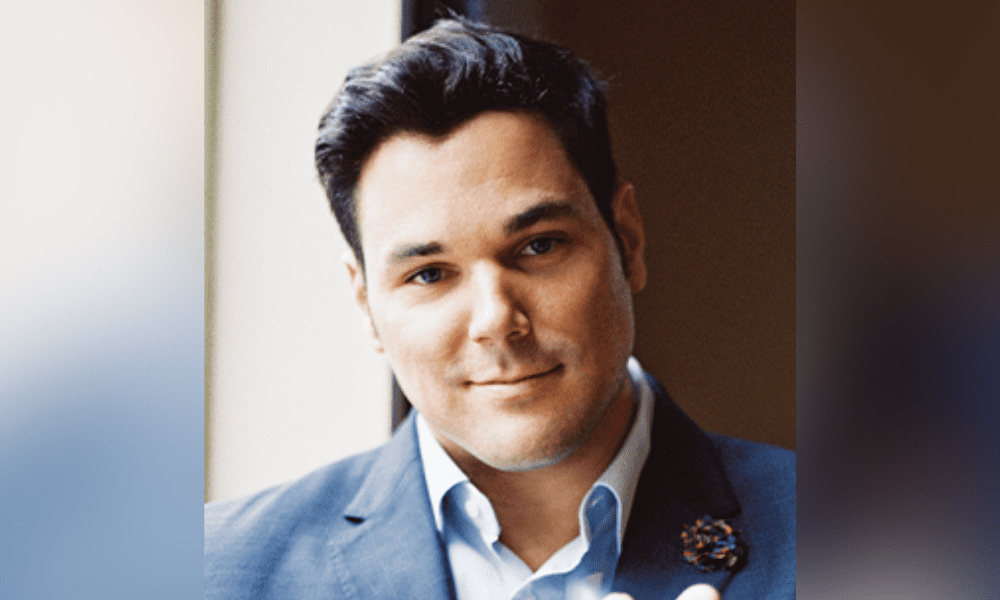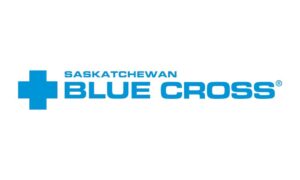"Our industry needs to do a better job of attracting talent"

“Our industry needs to do a better job of attracting talent” | Insurance Business America
Insurance News
“Our industry needs to do a better job of attracting talent”
“Some people are doing the job of three, and I don’t know if carriers have a plan to address it”
Insurance News
By
Ryan Smith
The insurance industry needs to up its game when it comes to attracting talent, according to an exec at Risk Placement Services.
“Everyone seems to be in the same boat of looking for top talent right now,” Mike Mueller (pictured), area senior vice president at RPS, told IBA. “But many of the carriers have cut back over the last 10 years, maybe 10-plus years, on their training programs. Brokerages – specifically agencies – they’re looking to secure talent from other competitors. So there’s not a real training program or standard in place for many of these companies.”
“Staffing is one of those things where if you talk to a lot of folks on the carrier side, they’re all short-staffed,” he said. “Some people are doing the job of three. And I don’t know if carriers have a plan to address it or if the idea is, hey, we’re going to make one person do the role of three people’s jobs until they raise their hand and say enough is enough.”
The talent shortfall will become an even greater concern as older insurance pros exit the industry, he said.
“The boomers that are going to be retiring in the next decade – they’re leaving behind open roles and opportunities and books of business,” he said. “Our industry just needs to really do a better job of attracting talent into the industry – and then, obviously, training that top talent once they get over here, because there’s going to be a significant amount of vacancies over the next decade.”
A need for quality training
According to Mueller, solving the staffing issue isn’t just a matter of attracting fresh blood – it’s also making sure that young people receive quality training once they join the industry. However, he said that quality training programs aren’t currently the industry standard.
“CNA and AIG, some of the more notable carriers that you would recognize by name and brand – they would have training programs where a student would graduate and they would hire them. And for two or three years, they’re involved in a training program,” he said. “Gallagher has a really good training program … but if you look around, there’s not a whole lot of that happening in the industry.”
Selling the industry
Many industry veterans began working in the space almost accidentally, with no real intention to pursue an insurance career. That indicates that the insurance industry needs to do a better job of educating prospects on varied and dynamic careers available in the sector, Mueller said.
“I think that most of the folks that find themselves in this industry, it’s either related to their family, or they just kind of fall backwards into it,” he said. “They ended up taking a job and realized that this is good money for work that isn’t nearly as technical as, you know, investment banking. And it’s a really good opportunity for you to have a stable career and the benefits are very, very good.”
“I think a lot of students, especially, just know what they know off of TV. So, you know, the Liberty Mutual commercials and Progressive and Allstate,” he said. “So they might have just one viewpoint of what insurance is, and that’s obviously personal lines. They may be completely unaware of excess and surplus or the wholesale industry, how creative that can be. … I feel like most students don’t recognize just how dynamic this is as an industry. We, as an industry, need to do a better job of recruiting at the college level and opening people’s eyes that there’s more out there than just accounting and finance.”
“A people industry”
As new technologies like generative AI change the face of the industry, many young people may think twice about taking a job that may be done by a computer program a few years down the line. But Mueller thinks that fear is largely unfounded.
“I’ve been in the industry for 20 years. It’s always been discussed – automation, the Lemonades and the other products that have come out where it was meant to automate the industry,” he said. “I’ve seen them open up, and I’ve seen them close – and in some instances, close within two years. Because this is still very much a people industry in terms of us having to explain to clients, jump on multiple phone calls to understand coverages and review options, all that stuff.”
And no matter how much evolving technology changes the world, one thing will stay the same – people will always need insurance.
“One of the first bits of information I got when I first got into insurance was this is a recession-proof industry,” Mueller said. “Insurance is required to make the world economy go forward. And for me, I looked at that as stability. … Your production isn’t necessarily tied to the economy and whatever challenges it may face. So I think that’s one of the things that, as an industry, we definitely need to highlight to young folks to get them interested – preaching the stability and then the dynamic nature of how risk is always evolving. And then also just reminding them that this is a people-focused business and there’s always going to be opportunity to advance their career.”
Have something to say about this story? Let us know in the comments below.
Related Stories
Keep up with the latest news and events
Join our mailing list, it’s free!






